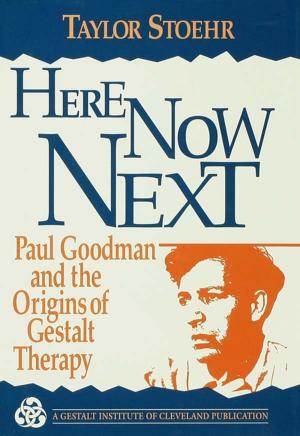Empires of Print
Adventure Fiction in the Magazines, 1899-1919
Nonfiction, Reference & Language, Language Arts, Journalism, Writing & Publishing, Publishing, Fiction & Literature, Literary Theory & Criticism| Author: | Patrick Scott Belk | ISBN: | 9781317185048 |
| Publisher: | Taylor and Francis | Publication: | May 8, 2017 |
| Imprint: | Routledge | Language: | English |
| Author: | Patrick Scott Belk |
| ISBN: | 9781317185048 |
| Publisher: | Taylor and Francis |
| Publication: | May 8, 2017 |
| Imprint: | Routledge |
| Language: | English |
At the turn of the twentieth century, the publishing industries in Britain and the United States underwent dramatic expansions and reorganization that brought about an increased traffic in books and periodicals around the world. Focusing on adventure fiction published from 1899 to 1919, Patrick Scott Belk looks at authors such as Joseph Conrad, H.G. Wells, Conan Doyle, and John Buchan to explore how writers of popular fiction engaged with foreign markets and readers through periodical publishing. Belk argues that popular fiction, particularly the adventure genre, developed in ways that directly correlate with authors’ experiences, and shows that popular genres of the late nineteenth and early twentieth centuries emerged as one way of marketing their literary works to expanding audiences of readers worldwide. Despite an over-determined print space altered by the rise of new kinds of consumers and transformations of accepted habits of reading, publishing, and writing, the changes in British and American publishing at the turn of the twentieth century inspired an exciting new period of literary invention and experimentation in the adventure genre, and the greater part of that invention and experimentation was happening in the magazines.
At the turn of the twentieth century, the publishing industries in Britain and the United States underwent dramatic expansions and reorganization that brought about an increased traffic in books and periodicals around the world. Focusing on adventure fiction published from 1899 to 1919, Patrick Scott Belk looks at authors such as Joseph Conrad, H.G. Wells, Conan Doyle, and John Buchan to explore how writers of popular fiction engaged with foreign markets and readers through periodical publishing. Belk argues that popular fiction, particularly the adventure genre, developed in ways that directly correlate with authors’ experiences, and shows that popular genres of the late nineteenth and early twentieth centuries emerged as one way of marketing their literary works to expanding audiences of readers worldwide. Despite an over-determined print space altered by the rise of new kinds of consumers and transformations of accepted habits of reading, publishing, and writing, the changes in British and American publishing at the turn of the twentieth century inspired an exciting new period of literary invention and experimentation in the adventure genre, and the greater part of that invention and experimentation was happening in the magazines.















